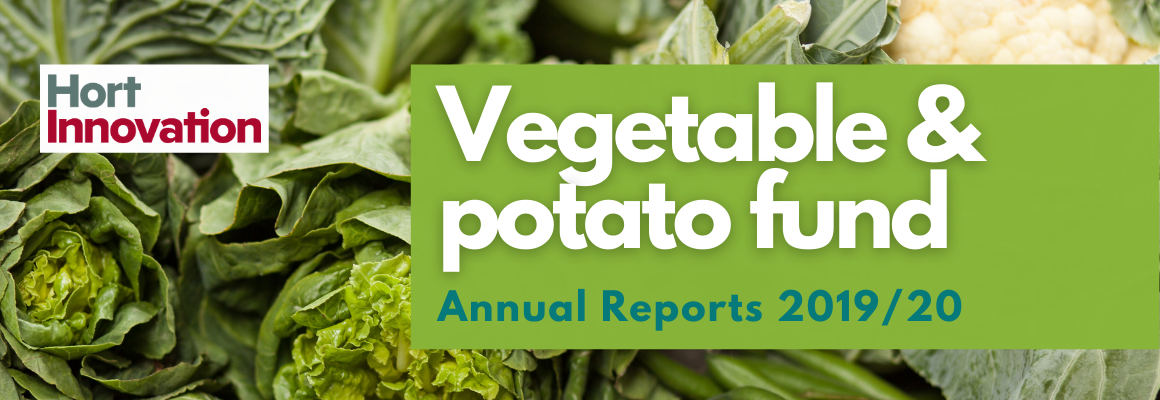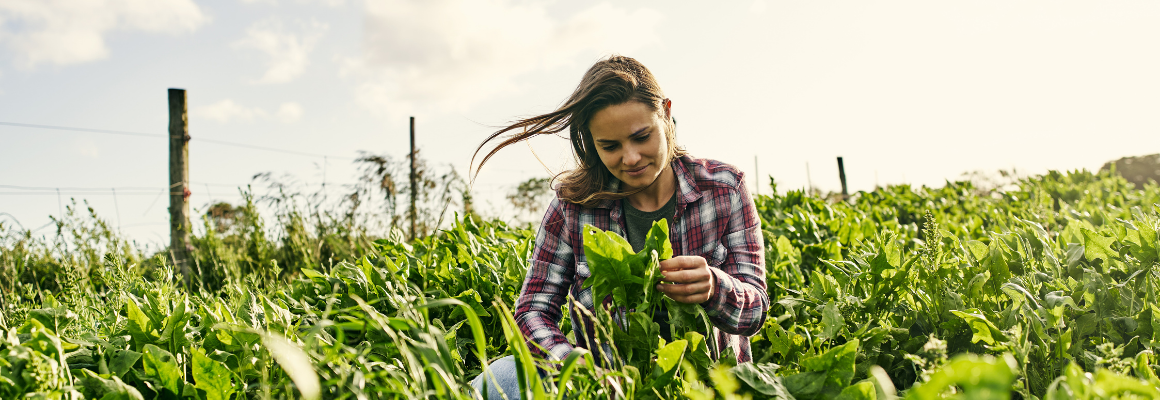
Download Hort Innovation’s Annual Report and Industry Fund Annual Reports
4 November 2020Pocket guides for pests & beneficials
10 November 2020Labour
Labour issues are coming to a head with various growers walking away from crops or ploughing them into the ground across the country.
It continues to be the number one issue for growers and a central focus for AUSVEG in its advocacy activities.
It’s frustrating that it has come to this for the industry as AUSVEG and other horticultural industry bodies have been highlighting labour concerns and the need to address them since the pandemic began in March.
Industry has long advocated for solutions to what was a looming labour crisis, which has now become a reality.
Backpacker numbers remaining in the country are now at just 60,000, well down on the 141,000 backpackers on January 1 this year, while Seasonal Worker Programme workers are at just 6,500.
Industry has delivered key sets of data, led by the report by Ernst & Young that highlighted horticulture would be short up to 26,000 harvest workers by March 2021, and continued to advocate for solutions via the 10-point plan agreed by the Horticulture Council, yet more needs to be done urgently to support growers.
Industry requires urgent action from government to get more harvest workers into the system, or face more growers walking away from crops or ploughing them into the ground.
Domestic incentives
The incentives announced in the Federal Budget recently came into effect November 1, with relocation assistance available to people who relocate to regional and harvest areas to take up short-term agricultural work.
For Australians who are not receiving income support and those with the right to work in Australia, incentives include:
- $3,000 if person relocates to a capital city.
- $6,000 if person relocates to a regional area.
- An extra $3,000 if person relocates with a dependent.
If a person relocates to take up short-term agricultural work, they may be eligible to receive up to:
- $6,000 – if person is an Australian worker.
- $2,000 for migrant workers (if person is a visa holder with the right to work in Australia).
See full details here.
Seasonal Worker Programme
The Seasonal Worker Programme and Pacific Labour Scheme continue to be a focus for industry to bring in as many workers from the Pacific Islands as possible.
Our understanding is that there are about 3000-4000 workers ‘work-ready’ in the Pacific Islands that are waiting for flights. Industry is continuing to work with all levels of government across the country to get flights moving as soon as possible and get workers on-farm.
We understand the some 3000 workers is still well short of the expected 26,000 workforce shortage, but we are working to get in as many workers as possible into the country.
Queensland has received a flight of workers last week, with more expected over coming weeks. However, significantly more will be needed to fill the labour gap.
Many other states still appear to be some way from having flights arrive and on-farm.
Quarantine
Quarantine processes continue to be a major issue for bringing workers in from the Pacific Nations.
It is positive to see the Queensland Government accepting on-farm quarantine as a viable option and we understand a number of states are currently reviewing their positions on on-farm quarantines.
Horticulture Code of Conduct
The Australian Small Business and Family Enterprise Ombudsman has recently launched its list of Horticulture Produce Assessors under the Horticulture Code of Conduct.
The produce assessors are a requirement under the Horticulture Code dispute resolution process and AUSVEG and its state members have advocated to the ombudsman to make the list publicly available for growers.
AUSVEG has come out in support of the list.
Growers are urged to utilise the dispute resolution process if they are having issues under the Horticulture Code of Conduct.
To find out more, see here.
ACCC Inquiry into Perishable Goods
AUSVEG recently made a submission to the ACCC regarding its inquiry into perishable goods and has since had a number of discussions with the ACCC following its submission.
The inquiry is wide-ranging assessing market power for all perishable agricultural products.
The inquiry is set to conclude later this month, with a release of the report expected later this year.
Health Star Rating for Juice
AUSVEG has joined the advocacy efforts of the National Farmers’ Federation, Citrus Australia and Apple and Pear Australia Ltd (APAL) in calling for common sense in the Health Star Rating system for Juice.
The proposed changes to the HSR would have seen fresh fruit and vegetable juices receive a rating of as low as 2.5 stars, while a soft drink such as Diet Coke could receive up to 4 stars.
The organisations are advocating for the issue to be placed back on the Food Regulation forum agenda later this month, with the hope that common sense will prevail.
Food Labelling on Plant Based Foods
AUSVEG will next week be represented at a working group meeting to discuss Plant-based food labelling.
The working group was established by Minister for Agriculture David Littleproud and will look to provide advice on the labelling and marketing of plant-based alternative food products.
NFF Horticulture Council
The NFF Horticulture Council will soon become a full member of the National Farmers’ Federation in its own right.
The Council, which has 21 industry members from across the sector, will be ratified as an official member of the NFF at this month’s annual general meeting.
It is a significant step forward for the council and for the industry as it works together to represent the $13 billion horticulture industry on common issues across the sector.

